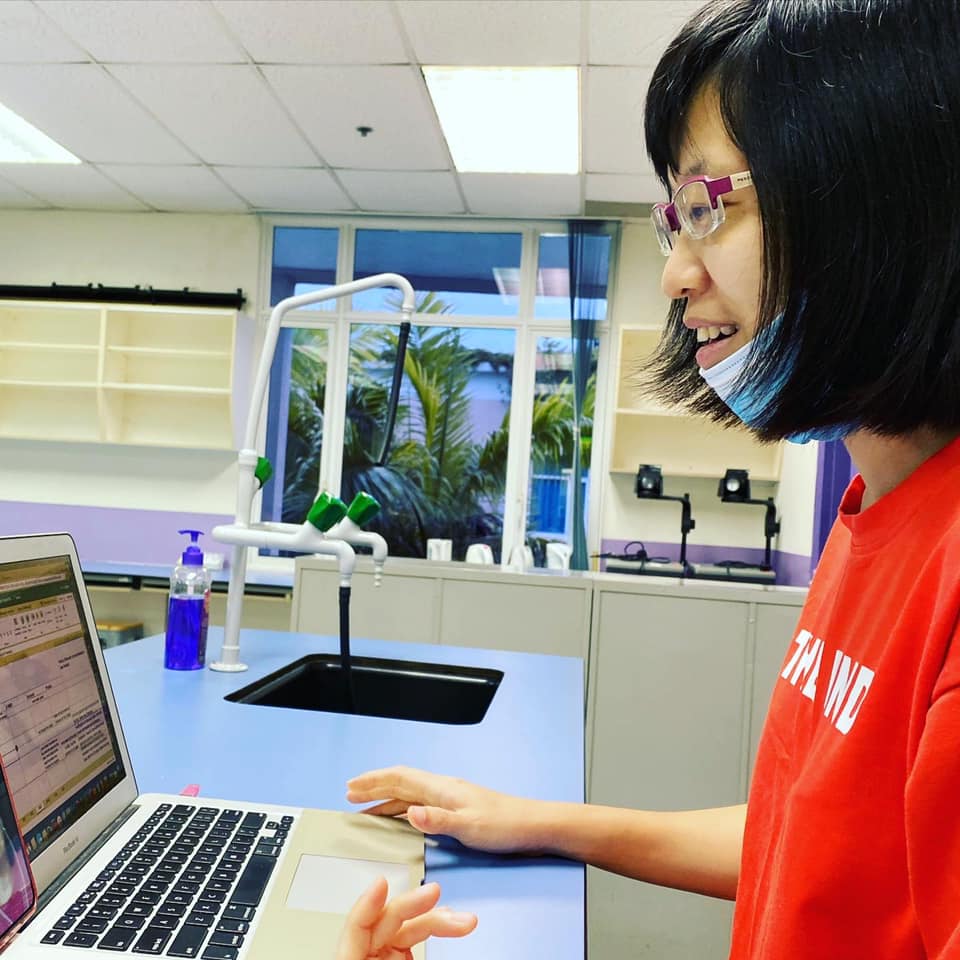Business Schools Revamp Curriculums to Equip Students for the Digital Age
As the digital revolution continues to reshape industries and redefine the way business is conducted, business schools around the world are revamping their curriculums to ensure that students are equipped with the skills and knowledge necessary to thrive in the digital age. The rapid pace of technological advancements, including the rise of artificial intelligence, data analytics, blockchain, and automation, has created a need for a new kind of business leader, one who is digitally savvy, adaptable, and capable of leveraging technology to drive innovation and success. In response, business schools are transforming their programs to align with these emerging trends and prepare students for the challenges and opportunities that lie ahead. One of the primary ways business schools are adapting their curriculums is by incorporating digital literacy and technology-driven education into core programs. Understanding that digital tools and platforms are now integral to nearly every aspect of business, schools are ensuring that students develop proficiency in key technologies. Courses on data analytics, artificial intelligence, machine learning, blockchain, and digital marketing are being integrated into the curriculum to provide students with the technical skills needed to make informed decisions and lead in an increasingly digital world.
By equipping students with a solid foundation in these areas, business schools are helping to bridge the gap between traditional management practices and the realities of the digital economy. Moreover, business schools are emphasizing the importance of agility and adaptability in the face of digital disruption. The rapid pace of technological change means that business leaders must be able to pivot quickly and navigate new digital tools and platforms with ease. To prepare students for this dynamic environment, many schools are incorporating real-world, project-based learning opportunities that allow students to tackle business challenges using digital solutions. For example, students may be asked to analyze big data sets to inform strategic decisions or develop digital marketing campaigns for real-world companies. These hands-on experiences allow students to build critical thinking and problem-solving skills, while also fostering a mindset of continuous learning and adaptability. Collaboration and cross-functional learning are also becoming a core focus of business schools as they aim to create leaders who can thrive in multidisciplinary, tech-driven environments. In today’s digital landscape, business problems are often complex and require expertise across various domains, including technology, marketing, finance, and operations. To address this need, many business schools are adopting a more integrated approach to learning, where students from different disciplines work together on projects that simulate real-world business scenarios.
This collaborative approach not only prepares students to work in diverse teams but also helps them develop the skills to lead in cross-functional environments, a key trait for leaders in the digital age. Furthermore, business schools with executive mba ranking are increasingly incorporating entrepreneurship and innovation into their curriculums, recognizing that technology-driven businesses and startups are a major driver of economic growth. Students are being encouraged to think creatively and explore how digital tools can be used to disrupt traditional business models. By fostering an entrepreneurial mindset, business schools are preparing students to lead with innovation and leverage emerging technologies to build successful businesses in the digital age. Through the integration of technology, collaboration, and entrepreneurship into their curriculums, business schools are preparing the next generation of leaders for the digital age. These new educational approaches are designed to help students not only understand the tools and technologies shaping the future of business but also to develop the mindset and skills required to lead in an ever-evolving, technology-driven world.


 Minor mishaps like cuts, injuries, falls and such happen consistently. Work environments are generally said to be clumsy. Individuals burn through the majority of their day at their working environments thus it is profoundly conceivable that they meet with a mishap there. The idea of your occupation might decide the sort of mishap you might experience. There might be much more life-compromising mishaps that might happen at your working environment. It would be certainly great to know first aid assuming that you or your partners are at any point associated with such mishaps.
Minor mishaps like cuts, injuries, falls and such happen consistently. Work environments are generally said to be clumsy. Individuals burn through the majority of their day at their working environments thus it is profoundly conceivable that they meet with a mishap there. The idea of your occupation might decide the sort of mishap you might experience. There might be much more life-compromising mishaps that might happen at your working environment. It would be certainly great to know first aid assuming that you or your partners are at any point associated with such mishaps.
 Secondary school education, additionally called auxiliary education in certain nations, is a gone on for of bestowing information and figuring out how to understudies who have completed rudimentary education. During this timeframe, the understudies are shown extra and supporting illustrations, information and issues that are connected with those instructed in rudimentary education and other new examples that are remembered for the educational plan for each level in this optional type of learning.
Secondary school education, additionally called auxiliary education in certain nations, is a gone on for of bestowing information and figuring out how to understudies who have completed rudimentary education. During this timeframe, the understudies are shown extra and supporting illustrations, information and issues that are connected with those instructed in rudimentary education and other new examples that are remembered for the educational plan for each level in this optional type of learning.